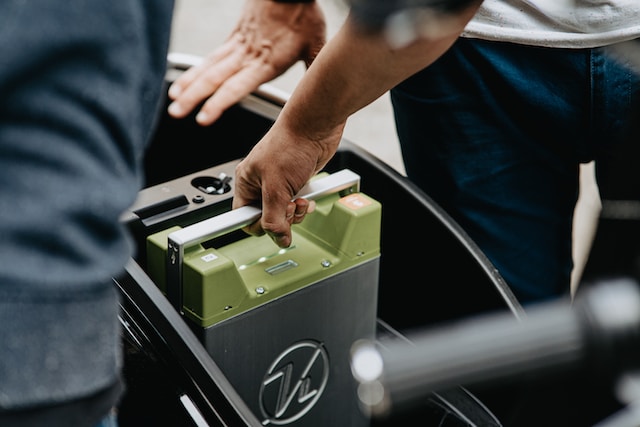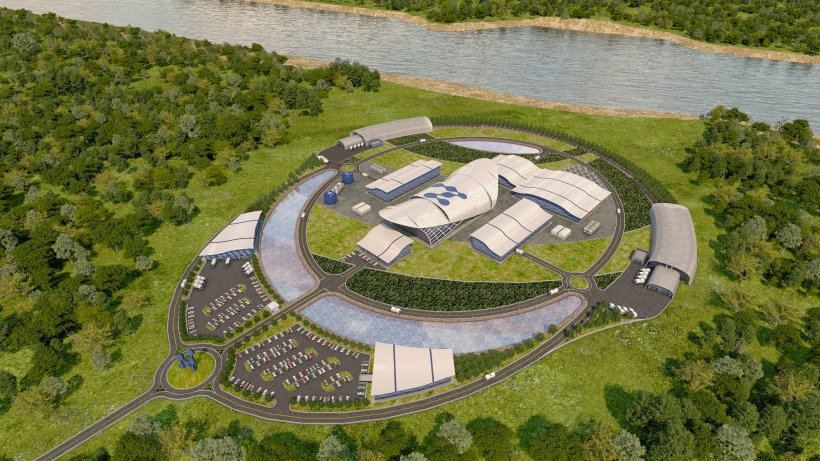Nevada’s landscape is characterized by its arid climate and minimal annual rainfall, which naturally gives rise to concerns over water scarcity. As the region grapples with the complexities of water conservation, an often overlooked facet is the influence of this scarcity on HVAC (Heating, Ventilation, and Air Conditioning) systems.
Modern HVAC systems, particularly in commercial and industrial settings, rely heavily on water for cooling purposes. Water scarcity challenges this reliance, forcing a shift in technologies and practices within the sector. In Nevada, water-efficient HVAC technologies are becoming increasingly important to meet the cooling demands of both residential and commercial buildings without exacerbating the existing water shortage. This transition not only impacts environmental and economic policies but also dictates the way facilities and homeowners approach the installation, maintenance, and operation of HVAC systems.
A comprehensive analysis of Nevada’s battle with water scarcity reveals the intricate relationship between water resources and HVAC performance. Efficiency measures, alternative cooling methods, and innovative designs are rapidly evolving as part of the solution.
Water Scarcity in Nevada: Implications for HVAC Systems
Water scarcity in Nevada is exerting pressure on HVAC systems to evolve. This challenge triggers a need for innovation in air conditioning technologies while emphasizing the importance of regulations and water conservation efforts.
Challenges Faced by HVAC Companies in Las Vegas
In Las Vegas, HVAC companies are contending with the constraints imposed by limited water supplies. Air conditioning units typically require significant amounts of water for cooling purposes. With the Las Vegas Valley Water District reporting diminished reserves, HVAC businesses must find ways to maintain cooling efficiencies while using less water. Considering the city’s high temperatures, this balance is critical.
Many air conditioning Las Vegas services are revising maintenance strategies and promoting units with lower water demands to combat these challenges.
Adapting Air Conditioning Technologies to Arid Climates
Air conditioning Las Vegas companies are particularly focused on adapting existing technologies to suit Nevada’s arid climate better. Evaporative coolers, which are less effective in humid climates, are being optimized for the dry Nevada air.
- Evaporative coolers: They offer an alternative that consumes less water than traditional air conditioning systems.
- Low-water air conditioning units: The development and installation of these units are becoming more prevalent in response to scarce water resources.
The success of these technologies is pivotal for sustaining indoor comfort levels in the face of water scarcity.
Regulatory Influence and Water Conservation Efforts
Regulations play a crucial role in guiding HVAC systems toward water conservation. Regulatory bodies like the Nevada Division of Water Resources are imposing stricter codes on water usage.
- Regulations: Stringent rules are compelling both manufacturers and HVAC companies in Las Vegas to design and install systems that adhere to water conservation guidelines.
- Incentives: Government initiatives are encouraging the adoption of water-efficient air conditioning systems through rebates and tax breaks.
Water conservation efforts are not only regulatory but also collaborative, as HVAC companies work with water authorities to promote water-smart appliances. This partnership fosters a conscientious approach to resource management in Nevada’s challenging environment.
Strategies for Sustainable HVAC Operation
In light of Nevada’s water scarcity, the integration of innovative strategies and adherence to best practices is essential for the sustainable operation of HVAC systems.
Innovative Cooling Solutions
Evaporative coolers and thermal energy storage systems are gaining traction in Las Vegas as sustainable alternatives to conventional air conditioning. Evaporative coolers are particularly suitable for arid climates as they consume less water than traditional air conditioning systems. Thermal energy storage systems excel by leveraging off-peak electricity to freeze water or create chilled water, which is then used for cooling during peak hours.
Best Practices for Water-Efficient HVAC Systems
Water-efficient practices are crucial for HVAC systems in water-scarce regions. For air conditioning in Las Vegas, regular maintenance checks to prevent leaks and the use of water recirculation systems can significantly reduce water wastage. Implementing drought-resistant landscaping around cooling units can also improve efficiency and reduce the systems’ water dependency.
- Regular Maintenance: Check for leaks, and ensure efficient operation.
- Water Recirculation: Reuse water to minimize wastage.
- Drought-Resistant Landscaping: Optimize the surroundings to complement HVAC systems.
Long-Term Projections for HVAC Systems Amid Water Scarcity
The future of HVAC systems in Nevada hinges on their ability to adapt to water scarcity. The industry anticipates a shift towards more water-efficient technologies and regulatory changes that favor conservation. Investment in research and development is expected to produce advanced HVAC systems that deliver cooling needs with minimal water usage. The success of these systems rests on collaboration between manufacturers, the government, and the community.







